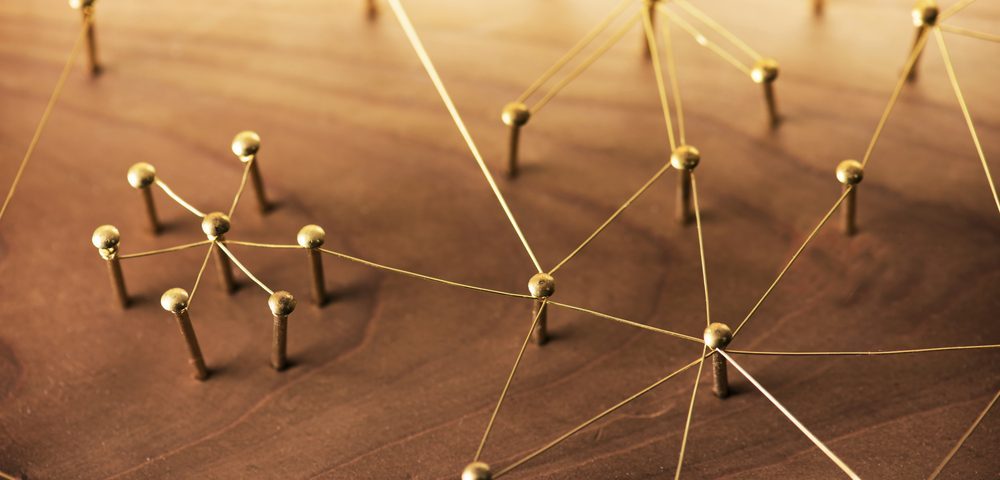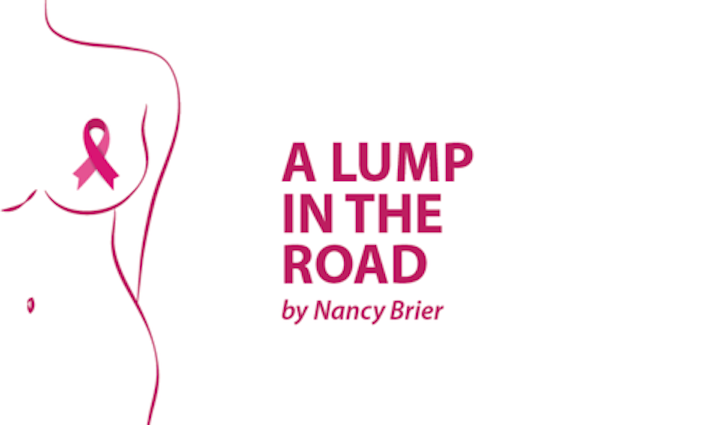While my doctor’s fingers massaged my breasts and cradled my hard, almond-sized lump, we had a peculiar conversation. She was from the Bay Area but traveled to tiny Lakeport for a brief assignment.
My husband and I discovered the lump the previous evening in a surprising, romance-busting moment. “I’ll call in the morning,” I whispered, wishing our beloved Dr. Kirk hadn’t switched from his private practice to the VA Hospital.
In rural America, it can be hard to get a good doctor. We rely heavily on traveling medical professionals, people who come for three to six months from far away places and often make me feel as if they’re on an assignment with National Geographic. These physicians and nurses sometimes carry the air of an educated foreigner studying lesser life forms in the uncivilized wild.
The next morning, I put on a pretty wool skirt, thick tights, and a beautiful sweater before I left the house. In Lake County, I always dress up to see a doctor. It’s part of my strategy to get better service, to be taken more seriously. I styled my hair and applied makeup carefully.
“So many drugs in your community,” the doctor commented while she probed my breasts. “It’s a shame.” I stared at the ceiling feeling the coolness of her fingertips and nodded. Lake County, California produces a tremendous amount of pot, and that crop comes with cash, guns, mean dogs, and lots of other drugs. It’s one of the poorest areas in the state and endures many of the problems typically associated with poverty.
“I know,” I said. I worried about drugs a lot, especially since our daughter had just turned 10, and isolating her from that world was getting harder and harder. Once, standing with other moms by the soccer field, I overheard a conversation about blow-dryers and fungus. Later, I learned they were talking about a disease on their pot crop while toddlers circled their knees like cats on steroids.
That’s why, last week, I found myself thinking about Lake County while I was in Guatemala. I was there to do volunteer work in a poor, rural community and met a physician named Mary at the airport. She told me about a friend of hers there suffering from a serious medical condition.
“I looked at his labs,” she said, “and I knew the data was wrong.” She later determined that the medical resources her friend was relying on were insufficient and threatened his survival. “I’m going to manage his case from the U.S.,” she said.
We talked about the unfairness of the world, how being born in a poor country impacts access to basics other people take for granted.
But while we talked, I couldn’t stop my mind from drifting to that horrible consultation that nearly cost me my life in one of the wealthiest countries on the planet. “Don’t worry about it,” the doctor told me after I pulled my beautiful sweater back over my head that day. “Your lump doesn’t meet the characteristics of cancer.”
That didn’t sound right to me.
From the parking lot, I scheduled an appointment for a mammogram and put myself on course for survival. An oncologist later told me that without immediate chemotherapy, I’d be dead within three months.
That experience taught me a long list of lessons, but two stick with me. First, there’s a world of difference between the haves and the have-nots. I got a taste of what the have-nots endure when I lived in rural California.
Second, poor doesn’t have to mean bad. The doctor who dismissed the lump on my breast, who told me “not to worry about it,” could have ordered a mammogram. Over the years, I’ve often wondered if she would have treated a Silicon Valley patient the same way she treated me.
Many smart, hard-working people chose to work in all sorts of underserved areas. Extraordinary teachers, medical professionals, lawyers, and business people make life-changing differences in places where they don’t get due credit for their contributions.
For those people, I am grateful, and my own choice is to aspire to be one of them.
***
Note: Breast Cancer News is strictly a news and information website about the disease. It does not provide medical advice, diagnosis, or treatment. This content is not intended to be a substitute for professional medical advice, diagnosis, or treatment. Always seek the advice of your physician or other qualified health provider with any questions you may have regarding a medical condition. Never disregard professional medical advice or delay in seeking it because of something you have read on this website. The opinions expressed in this column are not those of Breast Cancer News, or its parent company, BioNews Services, and are intended to spark discussion about issues pertaining to breast cancer.


